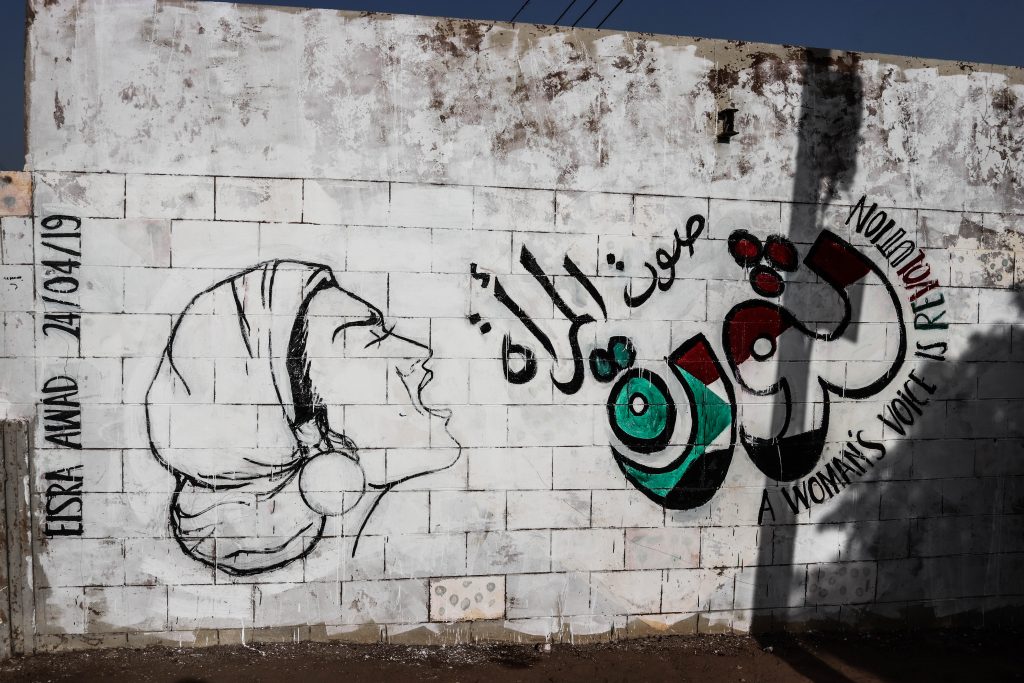
In recent years, popular uprisings and protest movements have mobilized hundreds and thousands of people in different parts of the world to demand a radical overhauling of existing systems and changes in political leadership. These uprisings have raised a series of questions that will be the focus of this class. What are the catalysts, underlying causes and demands of these protest movements? What can we learn from the grassroots organizing that allowed these movements to gain momentum? All too often popular uprisings in the Global South in particular, are seen as representing the failures and limits of revolutionary action and politics rather than their potential and promise. What then, do recent popular uprisings reveal about the limitations and relevance of various theoretical approaches to explaining revolutionary phenomena and action? How might local scholars and activists analyzing the popular uprisings taking place in their countries, allow us to develop new vocabularies and frameworks for understanding popular protests and revolutionary action elsewhere? Students will explore these questions through a series of case studies including (but not limited to) Sudan, Hong Kong, Chile, Lebanon, France, Ethiopia, the US and India.
- Instructor of record: Nisrin Elamin
- Instructor of record: Michael Allen
- Instructor of record: Nisrin Elamin
- Instructor of record: Michael Allen
- Instructor of record: Kalala Ngalamulume
